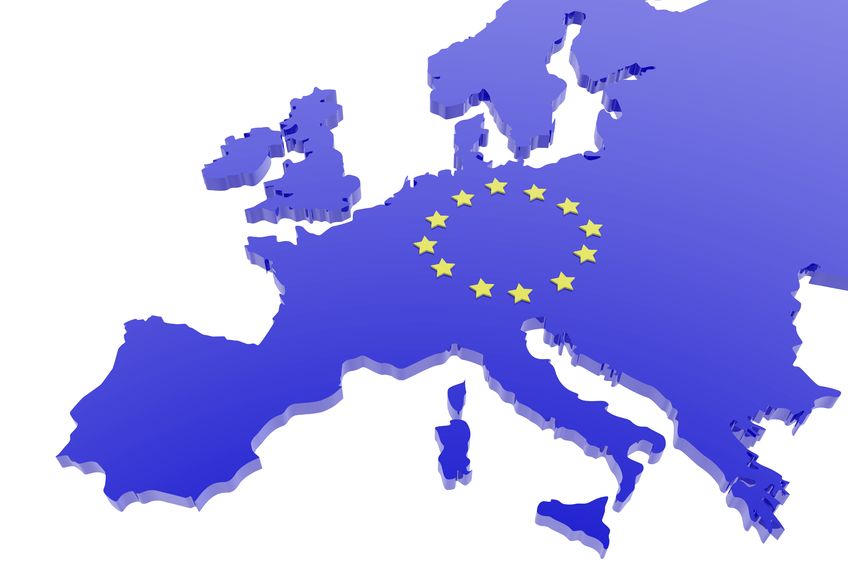
Although geopolitical threats such as the U.K’s possible exit from the European Union (EU) and slumping world economies are cause for concern for investors, the growth of a new global middle class will also provide new investment opportunities, according to Jan Kallmorgen, partner and head of investor advisory with Brussels-based Interel Group, who spoke at the Canadian Institute of Financial Planners’ (CIFPs) annual conference in Orlando on Thursday.
Europe is a particularly interesting example, said Kallmorgen, who provided an overview of several geopolitical threats financial planners should keep in mind. In particular, he discussed the consequences that would take place if the U.K should leave the EU, a situation that has been dubbed the “Brexit.” (The U.K. will hold a referendum on June 23 in which its citizens will vote whether they believe the state should leave the EU.)
“The consequences of Brexit would be devastating,” he said. “U.K [industries] would lose, the U.K. financial sector would lose and the EU would lose a big trading partner.”
One problem the financial services sector and various service industries would face as a result of the Brexit is the unbinding of thousands of rules and regulations that EU countries are subject to within the region’s current formation, said Kallmorgen. This would create much uncertainty, which is not good for businesses.
Investors should do their own due diligence on investments that include U.K companies, consider their volume of sales in the EU and how changes in regulations that touch their industries would affect those firms, he suggested.
Investors should also consider the effect the possible Brexit would have on the British pound sterling, said Kallmorgen: “The pound will further decline if there is a Brexit.”
He also discussed the problematic economic conditions in China and Russia. Specifically, many foreign equity markets are dependent on a prosperous Chinese economy and the country’s declining gross domestic product and resultant weakening demand for commodities is having a negative impact on commodities-producing regions such as Latin America and Africa, said Kallmorgen.
Meanwhile, a lower price of oil is having its own negative impact on the Russian economy, Kallmorgen said: “Despite that, [Russian] defense spending is going up and education spending is going down, leading to serious internal problems [such as a] brain drain.”
However, there is some good news for investors in that there’s a growing standard of living in regions such as Sub-Saharan Africa, Southern Asia and Latin America. In turn, this is leading to the creation of a new global middle class with global poverty rates declining over the past decade, said Kallmorgen: “The investment implications are huge.”
Many of these individuals who were living in poverty now have disposable income and they’re more connected to global markets thanks to their access to affordable mobile phones. Investors should be paying attention to industries that benefit the most, such as producers of consumer goods and companies that build infrastructure, as these populations’ communities develop, according to Kallmorgen.
Photo copyright: genialbaron/123RF